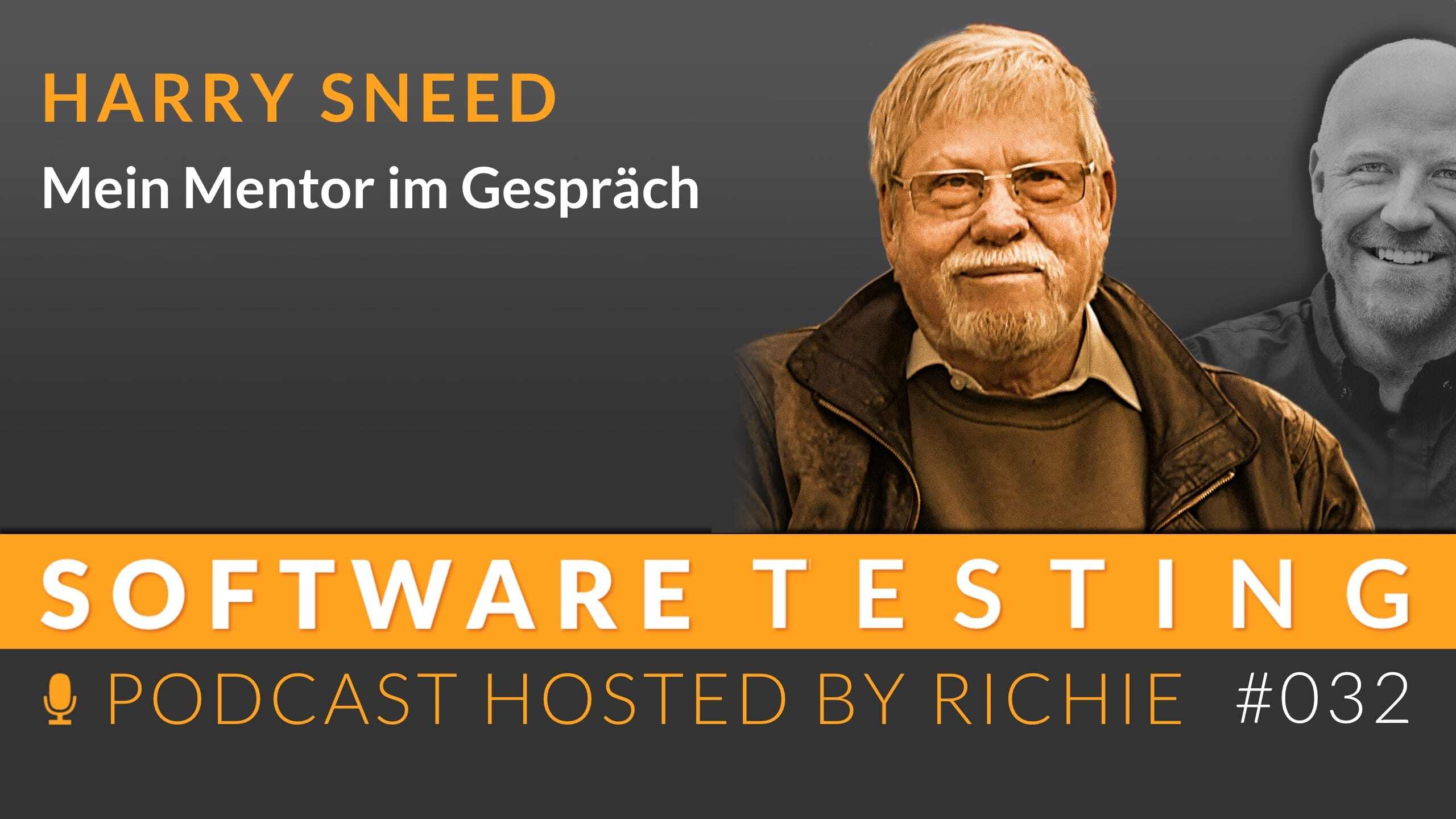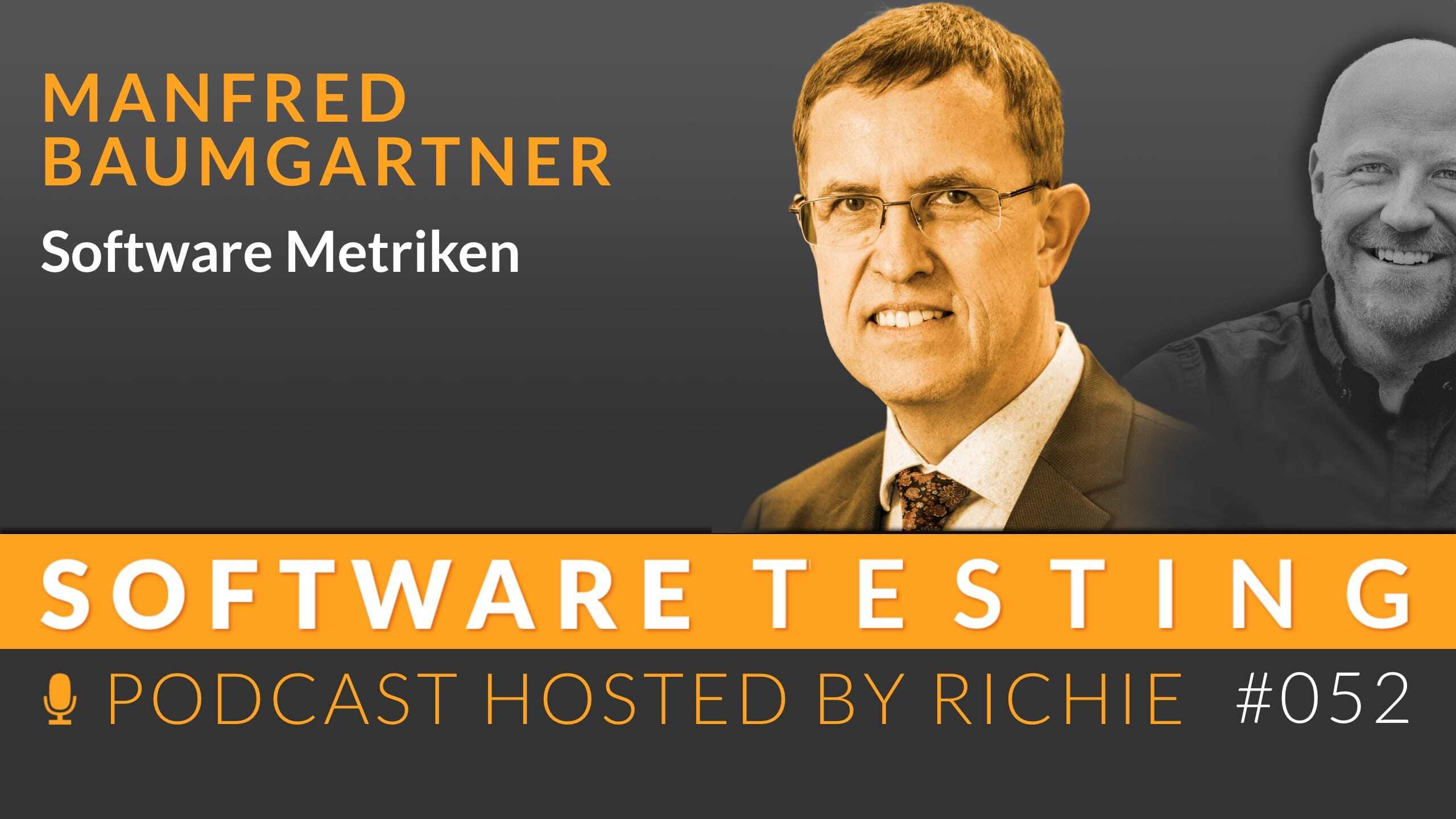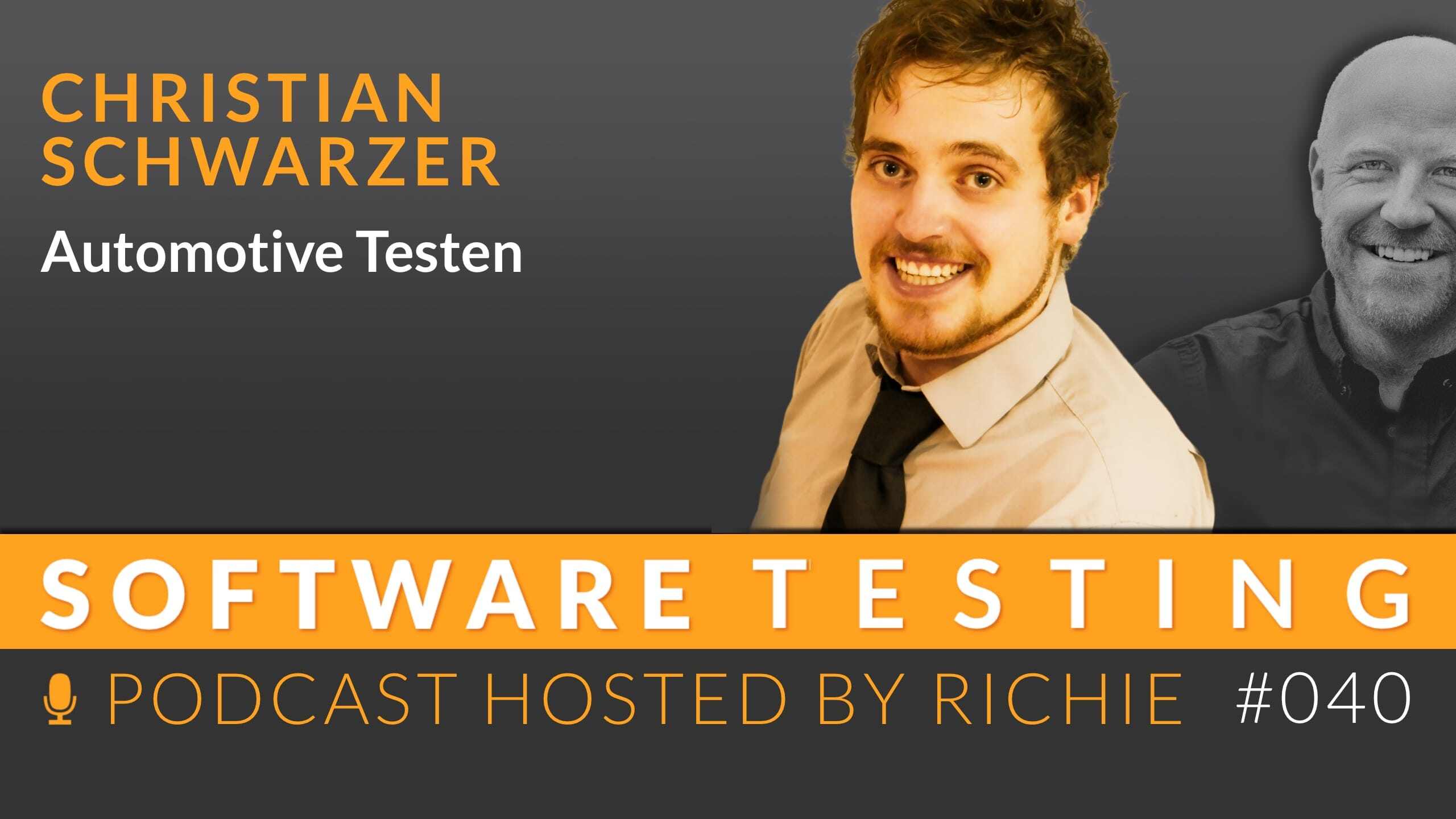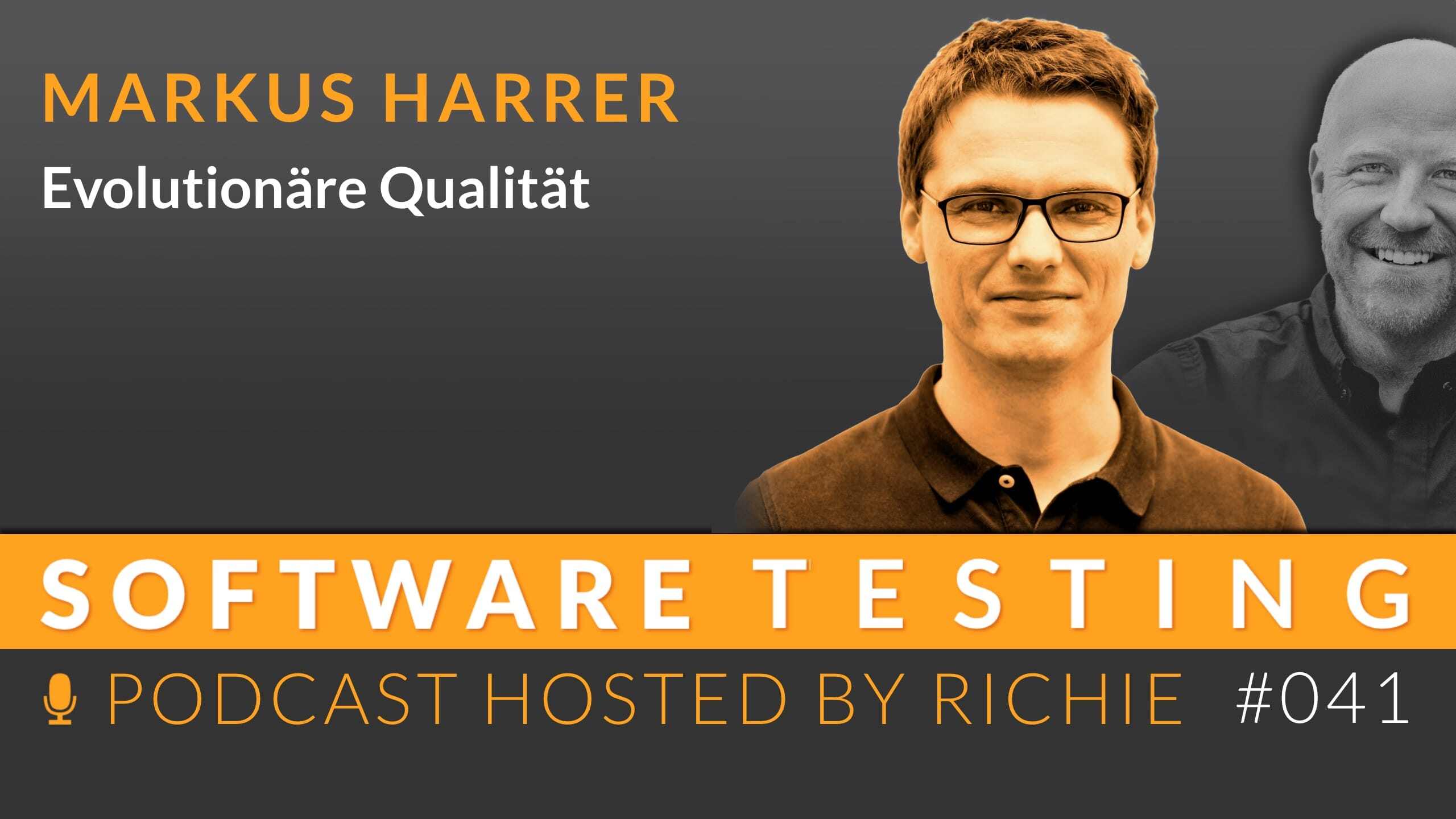New Edition of Software Metrics
Together with Manfred, I have been working on the second edition of our book“Software Metriken”(formerly “Software in Zahlen”) and now it’s here!...

Harry is one of the software testing pioneers. He started working in IT in 1969 and was already working on software quality in the 1970s. He says of himself that his ideas were not yet accepted or recognized at the time because the time was not yet ripe. Harry was and is my mentor. He taught me a lot in testing and always supported me. I am therefore delighted that he is a guest on my podcast today.
“It took maybe 3 days to write the code, and then they took 3, 4 or more days to test. And that’s where the topic started to interest me. Why do people need so much time to test? It was over half our effort!” - Harry Sneed
Harry Sneed graduated from Sewanee Military Academy in 1959 and served in the Vietnam War before earning his Masters in Public Administration & Information Sciences from the University of Maryland. Since 1969, he has held various IT roles in the U.S. and Europe, including programmer, analyst, project manager, lab manager and general manager, and has worked for prestigious companies such as Thyssen and Siemens. He has lectured on software engineering at the universities of Regensburg, Passau and Budapest and is the author of over 20 books.
Highlights of this episode:
In this podcast episode, I reflect on the developments and challenges in software testing with my mentor Harry Sneed. We discuss the beginnings, key milestones and the future of testing methods while sharing personal anecdotes and experiences.
Today I had the pleasure of welcoming Harry Sneed, a legend in the field of software testing. Harry is not only a pioneer in this field, but also my personal mentor. He has been shaping software development and testing with his work since the 1970s. In this interview, he gives us an insight into his impressive career, his most important workstations and the evolution of software testing over almost five decades.
Harry began his career in the early 70s after moving from America to Germany. His first steps were in systems analysis and programming with the US Department of the Navy. He later moved on to develop an information system for German universities, where he worked as an analyst and programmer. His talent for solving complex problems and passing on his knowledge set him apart even then.
An important step in Harry’s career was the founding of the first independent software test laboratory in Europe at the end of the 1970s. This project was born out of the need to develop efficient test processes for large software systems.
One of the biggest challenges at the beginning was to win people over to testing and motivate them. Harry emphasizes that this remains a key task today. The introduction of bonuses for bugs found was one of many strategies to engage employees and improve the quality of testing.
Over the years, Harry has developed more than 30 different testing tools. These tools have been used not only to analyze English texts and automatically derive test cases, but also to statically analyze code. His work on these tools reflects his ongoing drive to make testing more efficient and effective.
In the interview, Harry also discusses his critical view of agile development methods. He argues that agility is not suitable for all projects and emphasizes the importance of an appropriate architecture for agile processes. His insights once again illustrate his in-depth expertise and understanding of the complexity of software projects.
After more than four decades in the field of software testing, Harry looks back on a career characterized by innovation and a constant desire to improve. Despite all the challenges, his contribution to the world of testing remains undeniably valuable. Our conversation ended with a thank you to Harry for his life’s work - a true testament to his influence on generations of software testers.

Together with Manfred, I have been working on the second edition of our book“Software Metriken”(formerly “Software in Zahlen”) and now it’s here!...

There is an incredible amount of software in a car and it has to be tested. As this is a highly regulated environment, the work of a tester is...

Evolutionary quality refers to the adaptation of software qualities through various evolutionary phases: Creation, customization, product and...